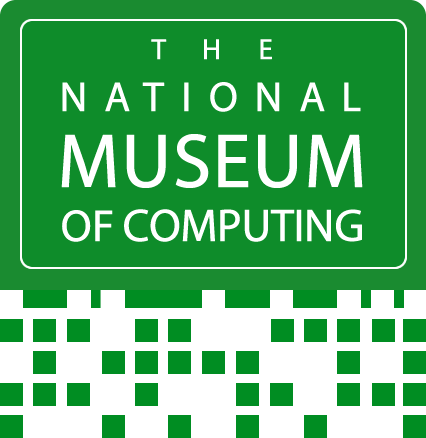Young coders triumph in engineering challenge
/The national final of the Institution of Engineering and Technology’s (IET) engineering challenge for young people was held on Friday 15 July at The National Museum of Computing on Bletchley Park, where five school teams from across the UK battled it out to be coding champions.
After winning regional heats previously in the year, school teams from North Yorkshire, Hampshire, Norfolk, Nottinghamshire and Cumbria attended the IET Faraday Challenge Days National Final at the Milton Keynes venue with Kings’ School, from Winchester, announced as the winners. They secured £1,000 for their school.
Based on the BBC micro:bit – the small, programmable tool designed to introduce those in year seven or the equivalent, to the world of coding and can be used to create anything from games and animations to apps and scrolling stories – the final five teams of 11-12 year olds had to develop a product for their BBC micro:bit in one of the four themes used on the Faraday Challenge Day (health, sport, travel or home and leisure). This product could build on their best ideas from the challenge day or could be a newly developed product. The aim of this challenge was to introduce students to coding and programming which engineers are and will be using in the future.
Gareth James, Head of Education 5-19 at the Institution of Engineering and Technology, said: “This year’s IET Faraday season has been the largest ever with over 4,500 students taking part across the UK. The quality of the students’ work throughout has been fantastic and it was an extremely close final – I’d like to congratulate Kings’ School on their win and I’d like to thank The National Museum of Computing for hosting!”
“The digital world is evolving all the time – and with it, the demand for more young people with coding and digital skills. It’s therefore been great to see students learn about coding with the use of the BBC micro:bit in a very hands-on and practical environment, giving them an insight into the life of a real engineer, the variety a career in engineering can offer and the central role it plays in our everyday lives.”
Jill Clarke, a Volunteer at The National Museum of Computing, developer and trainer spoke to the students about the ‘Ghost of Coding Past’: “Like the many students who visit the Museum, the competition entrants were astonished to hear about a time when professional coders never even touched the computer that ran their programs! Fortunately, back then there were people who imagined that they could make things better and, from the competition entries we saw today, we can see that sprit lives on.”
The winning team from Kings’ School was made up of two girls and four boys.
IET Faraday Challenge Days aim to encourage more young people to study and consider exciting and rewarding careers in science, technology, engineering and maths (STEM) by using creativity, innovation and problem-solving skills.
One hundred and twenty-nine school and sponsored events took place across the UK to host 2015-16 IET Faraday Challenge Days. Up to six teams of local school students competed at each event to find the best solution to an engineering-related challenge based on the BBC micro:bit – the small, programmable tool designed to introduce those in year seven or the equivalent, to the world of coding and can be used to create anything from games and animations to apps and scrolling stories. A total of 4,572 students took part across the UK.
The Faraday Challenge Days are part of a wider Faraday education programme, made up of a whole host of teaching resources and activities to inspire and attract the engineers of tomorrow.
Notes to editors
Interview opportunities are available with IET spokespeople from a broad range of engineering and technology disciplines including cyber-security, energy, engineering skills, innovation, manufacturing, technology, transport and women in engineering.
The IET is one of the world’s largest engineering institutions with over 167,000 members in 150 countries. It is also the most interdisciplinary – to reflect the increasingly diverse nature of engineering in the 21st century. Energy, transport, manufacturing, information and communications, and the built environment: the IET covers them all.
The IET is working to engineer a better world by inspiring, informing and influencing our members, engineers and technicians, and all those who are touched by, or touch, the work of engineers.
We want to build the profile of engineering and change outdated perceptions about engineering in order to tackle the skills gap. This includes encouraging more women to become engineers and growing the number of engineering apprentices.
For more information, visit www.theiet.org
For more information about the Faraday Challenge Days, visit: http://faraday.theiet.org/
Follow the IET on Twitter.
The National Museum of Computing, located on Bletchley Park, is an independent charity housing the world's largest collection of functional historic computers. For more information about its Learning Programme and general visiting, see www.tnmoc.org.
Media enquiries
Rebecca Gillick for IET
Communications Executive
+44(0)1438 765618
rgillick@theiet.org
Stephen Fleming, Palam Communications, for The National Museum of Computing
+44 (0) 1635 299116
s.fleming@palam.co.uk



